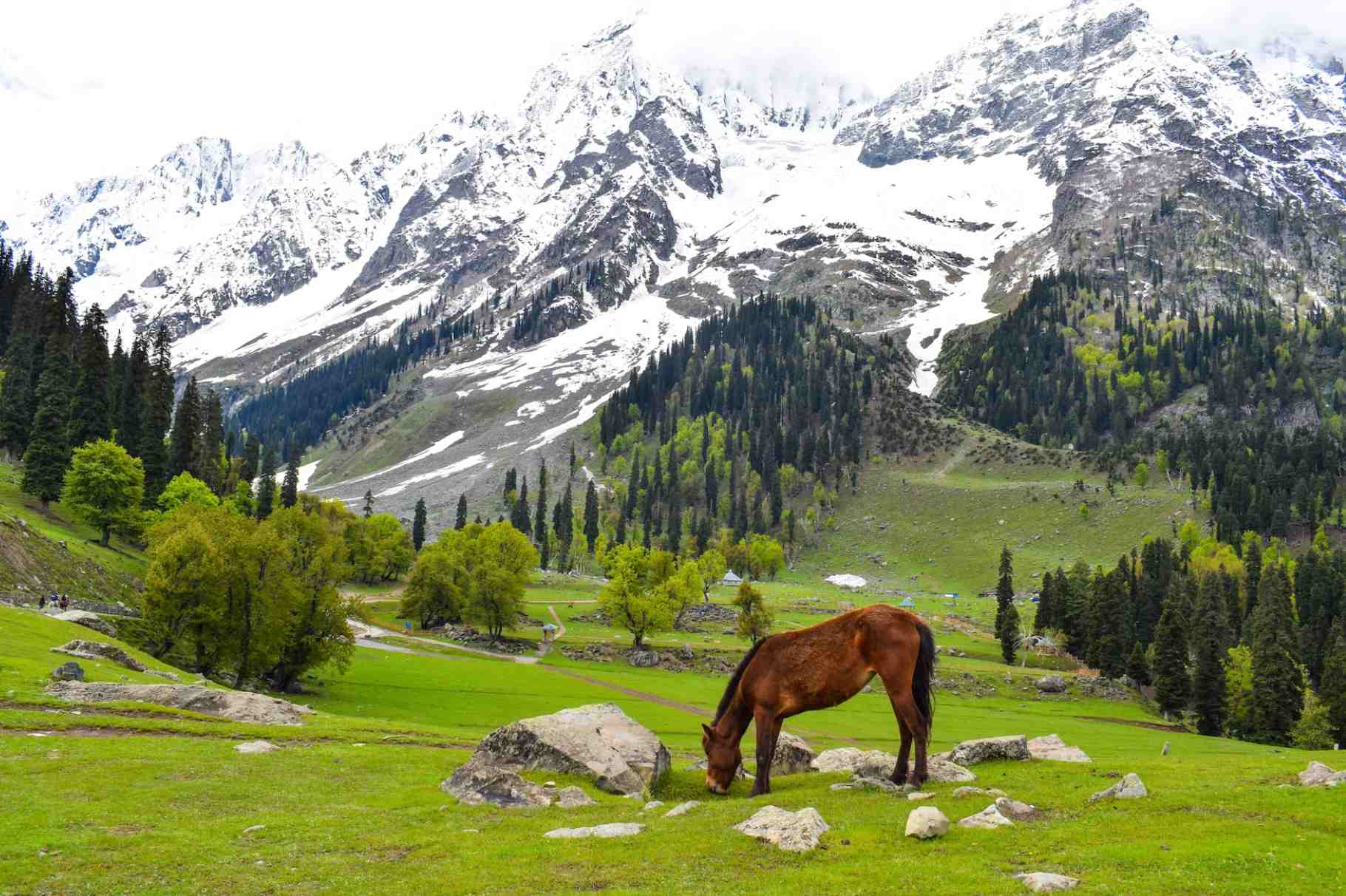What is responsible tourism and why does it matter?
Responsible tourism is an approach to travel and tourism that is mindful of the impact it has on the environment, local communities, and the economy. The concept of responsible tourism emerged in the 1990s as a response to the negative impacts of mass tourism, such as environmental degradation, exploitation of local communities, and cultural insensitivity. Responsible tourism aims to minimize these impacts by promoting sustainable tourism practices, such as reducing waste, conserving natural resources, and supporting local businesses. Why does responsible tourism matter? Firstly, it helps to protect and conserve the environment by reducing pollution and preserving natural habitats. Secondly, it promotes the well-being of local communities by supporting their economies and preserving their cultural heritage. Thirdly, it enhances the travel experience for tourists by allowing them to connect with local cultures and traditions, and to appreciate the natural beauty of their surroundings. Also read: Responsible Ways to Enjoy Outdoor Sports and Recreation According to the United Nations World Tourism Organization (UNWTO), responsible tourism is on the rise. In 2017, international tourist arrivals grew by 7%, reaching a total of 1.3 billion. The UNWTO has also recognized the importance of responsible tourism and has declared 2017 as the International Year of Sustainable Tourism for Development. How can you contribute to responsible tourism? As a responsible traveler, there are many simple steps you can take to reduce your impact on the environment and support local communities. For example, you can choose eco-friendly accommodations, use public transportation or walk instead of renting a car, and purchase locally made products. By taking these small steps, you can make a big difference in promoting responsible tourism and creating a more sustainable future for travel. Responsible tourism and net zero carbon goal Responsible tourism can play a significant role in achieving carbon zero goals. By promoting sustainable practices such as using renewable energy sources, reducing waste, conserving water, and supporting local communities, responsible tourism can help mitigate the environmental impact of travel. Additionally, responsible tourism can help to offset carbon emissions through initiatives such as carbon offset programs, which support projects that reduce or remove carbon dioxide from the atmosphere. By promoting responsible tourism practices, we can ensure that tourism plays a positive role in mitigating climate change and protecting our planet for future generations. How responsible tourism helps wildlife and environment? Responsible tourism also plays a crucial role in protecting and preserving the natural environment, including marine life, forests, and other animals. By practicing responsible tourism, travelers can help reduce their impact on fragile ecosystems and minimize the harm done to wildlife. For example, responsible tourists can avoid purchasing souvenirs made from endangered species or participating in activities that involve animal exploitation, such as elephant riding or visiting animal shows. Instead, they can support eco-friendly and sustainable initiatives, such as responsible wildlife sanctuaries or eco-friendly accommodations that support local conservation efforts. In addition, responsible tourism can help mitigate the negative impacts of climate change by reducing carbon emissions, promoting sustainable practices, and supporting local communities in adapting to climate change. This can include actions such as using public transportation or biking instead of driving, choosing eco-friendly accommodations that use renewable energy and reduce waste, and supporting local initiatives that promote sustainable agriculture and reduce deforestation. By making these small but significant changes in our travel behavior, we can ensure that the natural environment and its inhabitants are protected and preserved for future generations to enjoy. FAQ - Frequently Asked Questions on Responsible Tourism Q1: What is responsible tourism? A1: Responsible tourism, also known as sustainable or ethical tourism, is a way of travelling that seeks to minimise negative impacts on the environment, local cultures, and communities while maximising the benefits for all involved. It emphasises ethical and sustainable choices to ensure the long-term well-being of tourism destinations. Q2: Why does responsible tourism matter? A2: Responsible tourism matters for several reasons: It helps protect the environment by reducing the carbon footprint of travel and conserving natural resources. It preserves local cultures, traditions, and heritage. It creates economic benefits by generating income for local communities and promoting fair wages. It promotes social responsibility, inclusivity, and empowerment. It conserves resources, encourages ethical wildlife interactions, and involves local communities in decision-making. It ensures long-term sustainability and supports education and awareness efforts. Q3: How does responsible tourism benefit local communities? A3: Responsible tourism benefits local communities by creating sustainable livelihoods, generating income through tourism-related activities, and providing employment opportunities. It also empowers communities to have a say in tourism development, preserves their cultural heritage, and fosters social equity and inclusivity. Q4: What are some examples of responsible tourism practices? A4: Examples of responsible tourism practices include: Choosing eco-friendly accommodations and transportation options. Respecting local customs and traditions. Participating in community-based tourism initiatives. Supporting local artisans and businesses. Reducing water and energy consumption during travel. Avoiding activities that involve mistreated or captive wildlife. Engaging in wildlife conservation efforts. Q5: How can travellers promote responsible tourism? A5: Travellers can promote responsible tourism by: Researching and choosing responsible travel operators and accommodations. Respecting local cultures and traditions. Minimising waste and practising responsible consumption. Being mindful of their environmental impact. Supporting local businesses and communities. Educating themselves and others about responsible travel practices. Q6: What role do governments and the tourism industry play in responsible tourism? A6: Governments and the tourism industry play a crucial role by: Enacting policies and regulations that promote responsible tourism. Encouraging businesses to adopt sustainable practices and certifications. Fostering collaboration among all stakeholders to ensure responsible tourism development and management. Q7: How does responsible tourism contribute to long-term sustainability? A7: Responsible tourism contributes to long-term sustainability by focusing on the well-being of future generations. It ensures that tourism destinations remain attractive and viable over time, recognizing the interconnectedness of environmental, social, and economic aspects in maintaining a balanced and positive impact. Q8: Where can I find more information about responsible tourism? A8: You can find more information about responsible tourism through various resources, including government websites, NGOs, travel guides, and sustainable tourism organisations like sneakout. Additionally, many travel companies and operators provide information on responsible travel practices.




























































































































































































































































